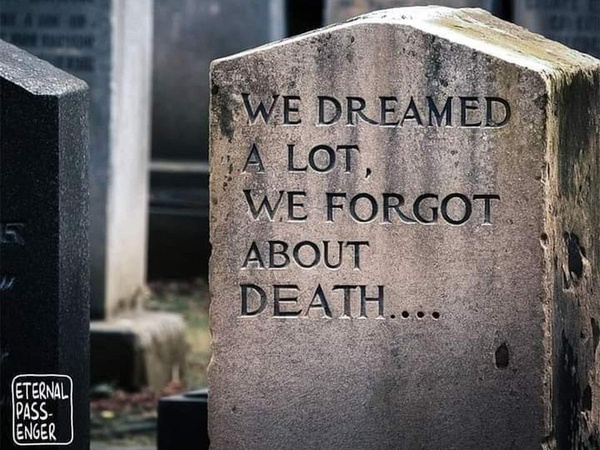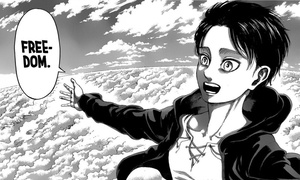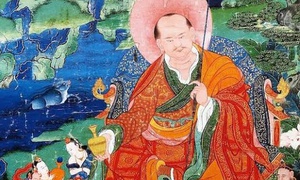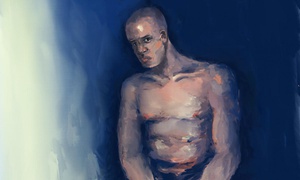<p>A Reflection on Death</p><p><br></p><p>Death is the one certainty that unites all human beings, the inevitable debt we must all pay regardless of wealth, status, or ambition. It is the great equalizer, the final chapter in the story of life that no one can avoid or postpone indefinitely. Yet, despite its universality, death remains one of the most profound mysteries, a subject wrapped in fear, denial, and silence. To reflect on death is to confront the fragile nature of existence, to wrestle with the meaning of life itself, and to consider what legacy we leave behind when the final breath is taken.</p><p><br></p><p>In a world obsessed with youth, progress, and immortality, death is often treated as a failure—a defeat to be hidden away or delayed at all costs. Medical advancements have extended lifespans and improved quality of life, yet no technology has found a way to cancel death’s appointment. This paradox—that we live in an age of unprecedented longevity but also profound denial—shapes much of our collective attitude toward mortality. We surround ourselves with distractions, taboos, and euphemisms, unwilling to engage with the reality that life is finite.</p><p><br></p><p>The inevitability of death challenges the very core of human existence. It raises questions about purpose and value: If life ends, what truly matters? How should we spend the fleeting moments we have? Some find solace in religion or spirituality, believing in an afterlife or reincarnation. Others look to philosophy or art, searching for meaning in the human experience itself. Regardless of belief, death forces us to reflect on the way we live, the relationships we nurture, and the impact we have on others.</p><p><br></p><p>Death also carries with it a profound emotional debt. The loss of a loved one leaves behind an unpayable void—a space filled with grief, memories, and unanswered questions. Mourning is a universal experience, yet it manifests uniquely in every culture, shaped by rituals, beliefs, and personal stories. It reminds us that life is interconnected and that our existence is woven into the lives of others. The pain of death teaches empathy, humility, and the preciousness of time.</p><p><br></p><p>On a societal level, death reveals inequalities and injustices. While some can afford dignified farewells, others face death in silence, poverty, or neglect. The manner of dying—whether peaceful or painful, expected or sudden—reflects broader social realities. This truth calls for compassion and better systems of care, emphasizing that how we treat the dying and honor the dead is a measure of our humanity.</p><p><br></p><p>Perhaps the most haunting aspect of death is the uncertainty that surrounds what, if anything, lies beyond. This unknown fuels both fear and fascination. It spurs countless myths, philosophies, and scientific inquiries. Yet, in this uncertainty lies a paradoxical freedom—the opportunity to live fully, to embrace the present without the shackles of absolute certainty. To accept death is not to surrender to despair but to awaken to the preciousness of each moment.</p><p><br></p><p>The inevitable debt of death invites us to reconsider our priorities. It challenges the relentless pursuit of material wealth, power, and status. In the face of mortality, these things lose their luster, revealing what is truly enduring—love, kindness, integrity, and the memories we create in the hearts of others. It urges us to forgive, to connect, and to find peace within ourselves.</p><p><br></p><p>Ultimately, reflecting on death is an invitation to live more consciously. It reminds us that life’s brevity is not a limitation but a call to authenticity and courage. It encourages us to face our fears, to embrace vulnerability, and to seek meaning beyond the superficial. In acknowledging the inevitable debt, we learn that death is not just an end but a teacher—a silent guide urging us to cherish life in all its complexity and beauty.</p><p><br></p><p>Note to self:Search for everything except LOVE&DEATH.they will find you when the time comes.</p>














Comments